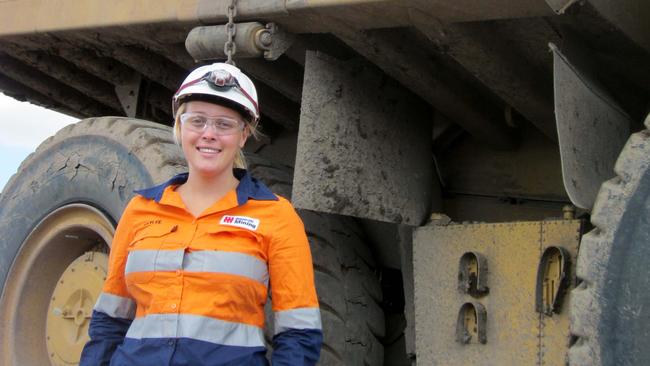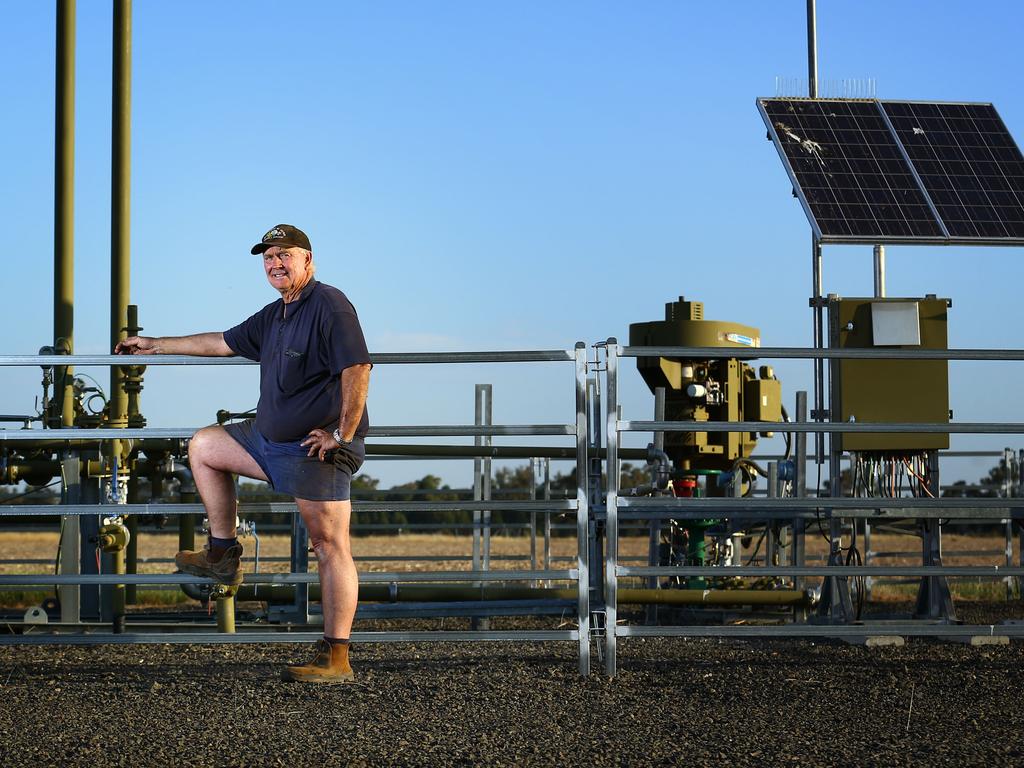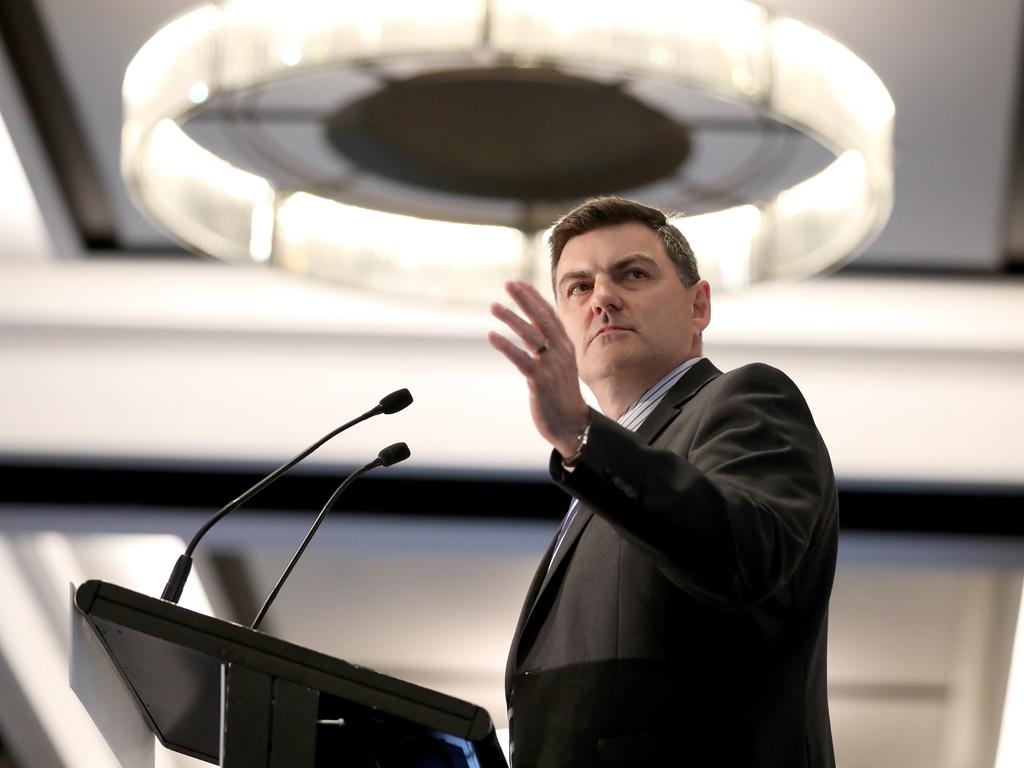Downer mulling mining sell-off as dividend ditched and $400m raising announced
Downer says it is preparing plans to exit less profitable operations and cut costs as it kills its full-year dividend and raises another $400m in capital.

Downer Group says it won’t pay a full-year dividend as it signalled a lower earnings figure for the year and unveiled a $400m capital raising to strengthen its balance sheet.
In an update to the ASX on Tuesday morning, the engineering contractor also said it would pivot towards a capital light service-based business model, focusing on its transport, utilities and facilities businesses, confirming the potential sale of its mining and hospitality portfolios.
“We are very happy with the strong performance of Downer’s core urban services businesses in the current operating environment,” said chief executive Grant Fenn.
“We have identified areas of our business where restructuring is required and are taking the necessary steps to exit less profitable markets and contracts and to right-size the cost structure of these businesses.
“We are confident that the actions we are taking will make our business more competitive and allow us to drive improved returns going forward.”
Given the current economic environment and its equity raising, Downer said it would not pay a full-year dividend. Dividends were expected to resume in financial year 2021 depending on business performance, the company said.
The deferred unfranked interim dividend of 14c a share, declared in February, would be paid on September 25.
Downer is seeking to raise $400m of equity through a fully-underwritten, non-renounceable pro-rata entitlement offer, which it said would support the acquisition of the remaining shares in integrated service provider Spotless and strengthen its balance sheet.
The offer price of $3.75 per share represents a 12 per cent discount to Downer’s last closing price of $4.26.
“Spotless is a key part of our urban services strategy and we expect it to continue to benefit from the long-term trends of increasing urbanisation and government outsourcing,” Mr Fenn said.
The company said it expects to book $386m in charges outside its underlying result in relation to goodwill impairment, restructuring and portfolio review costs, payroll remediation, legal settlements and historical contract claims adjustments.
Downer said it expects to report underlying EBITDA – which strips out one-off items such as impairments – of between $410m and $420m for the year through June 30, down on the $850.2m it booked in the prior year.
It expects a statutory loss after tax in the range of $150m to $160m, compared to a net profit of $276.3m the prior year. Those estimates were based on preliminary, unaudited results, the company said.
As part of its strategy to reshape its business and create a stronger platform for long-term, sustainable growth, Downer said it aims to drive consistent earnings through its ownership of Spotless, as it exits its non-core businesses.
“Following the significant disruption experienced during the COVID-19 period to date, we are seeing a return to more normalised levels of activity across our businesses, including New Zealand which was materially impacted by the Level 4 restrictions in place during the 2020 financial year,” Mr Fenn said.
“While the hospitality business has been materially impacted by the COVID-19 pandemic, the core facilities management businesses of health, education, government and defence continue to perform well.”
Restructure costs of $46m had been expensed to cover redundancies, asset impairments, stock write-offs, onerous contracts and other exit costs in the company’s hospitality business.
Still, Mr Fenn said that Downer’s core urban services businesses had performed well, with underlying earnings before interest and tax only slightly down year-on-year.
Due to the current economic environment, Downer said it couldn’t provide an earnings guidance for the 2021 financial year.




To join the conversation, please log in. Don't have an account? Register
Join the conversation, you are commenting as Logout